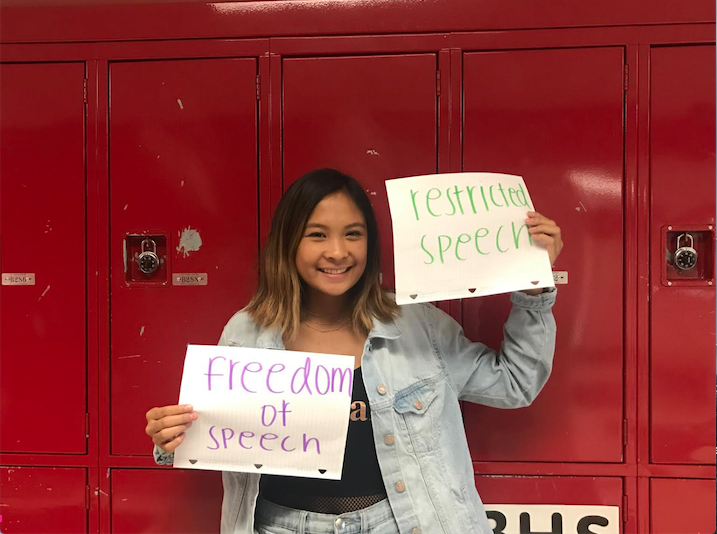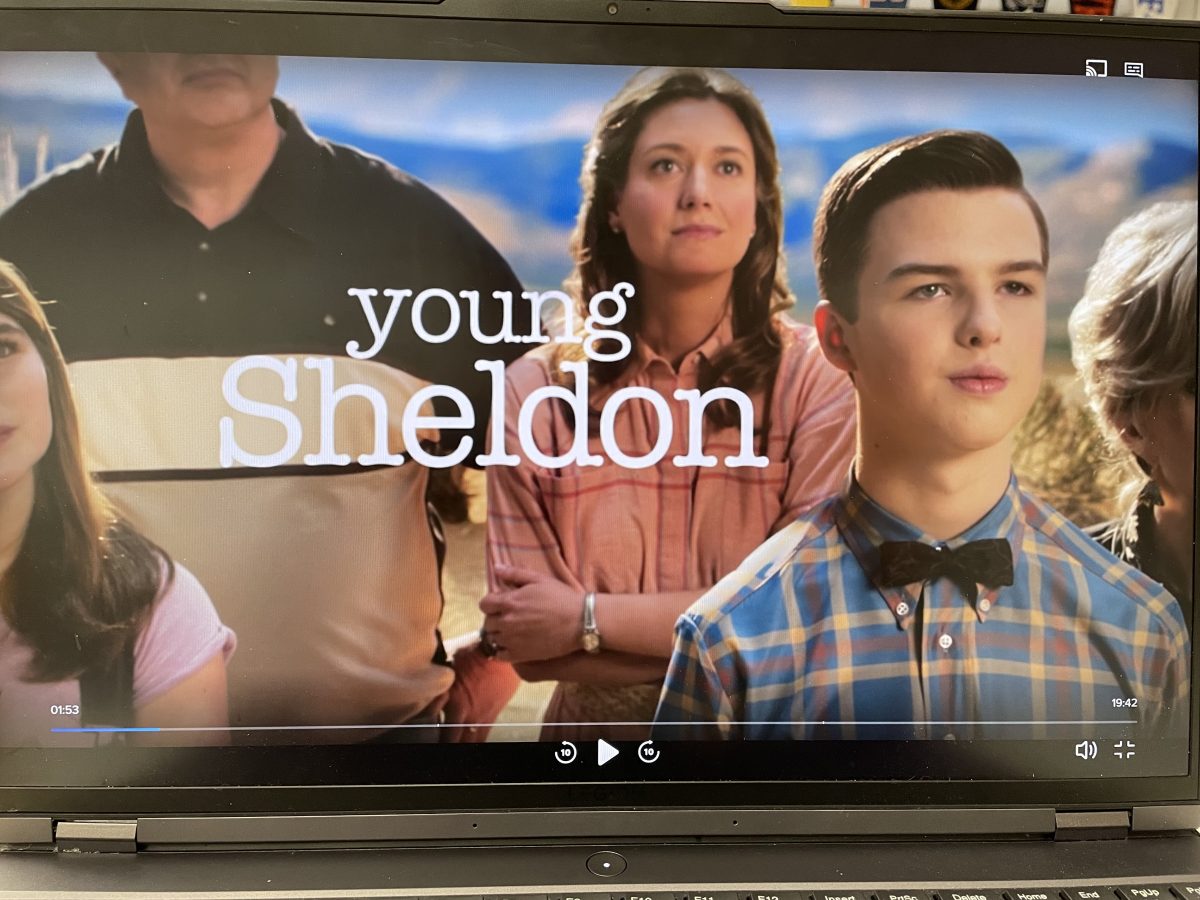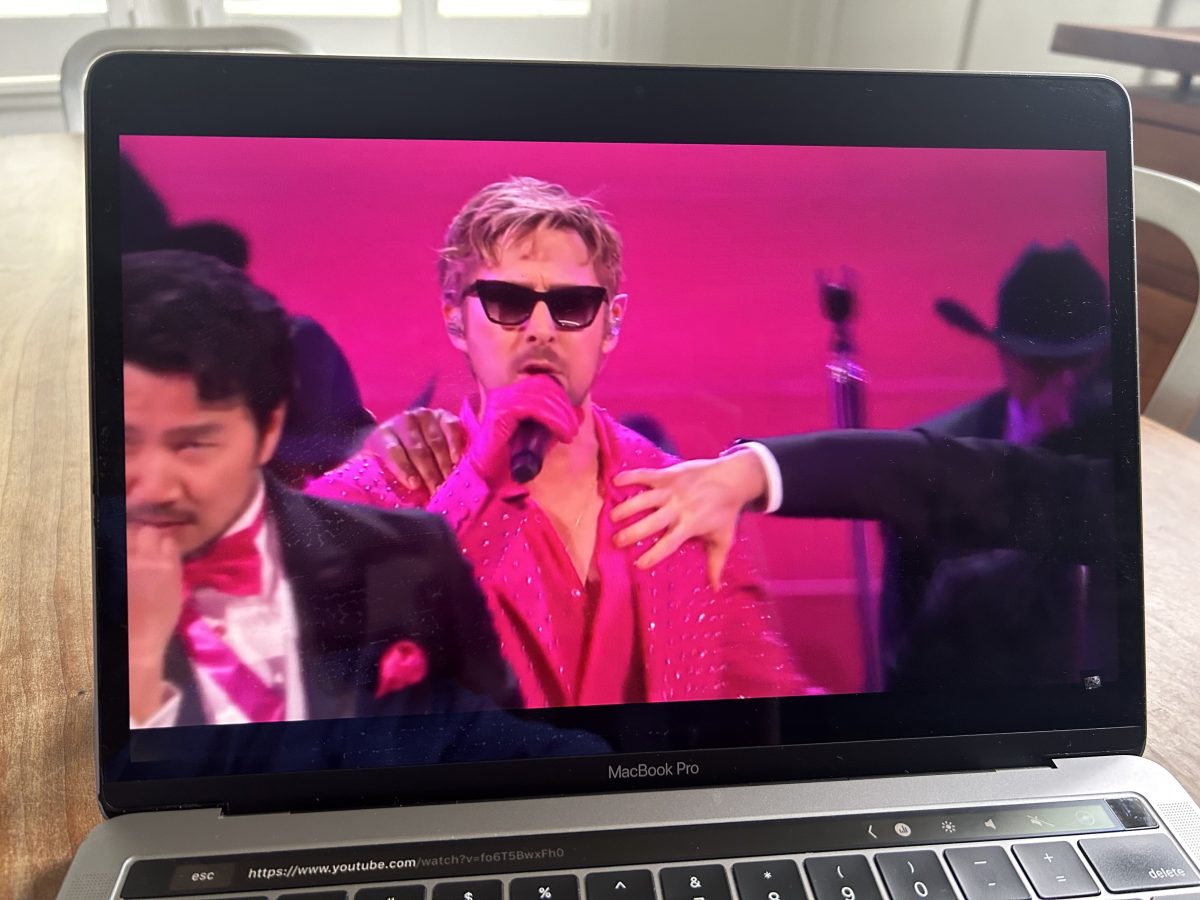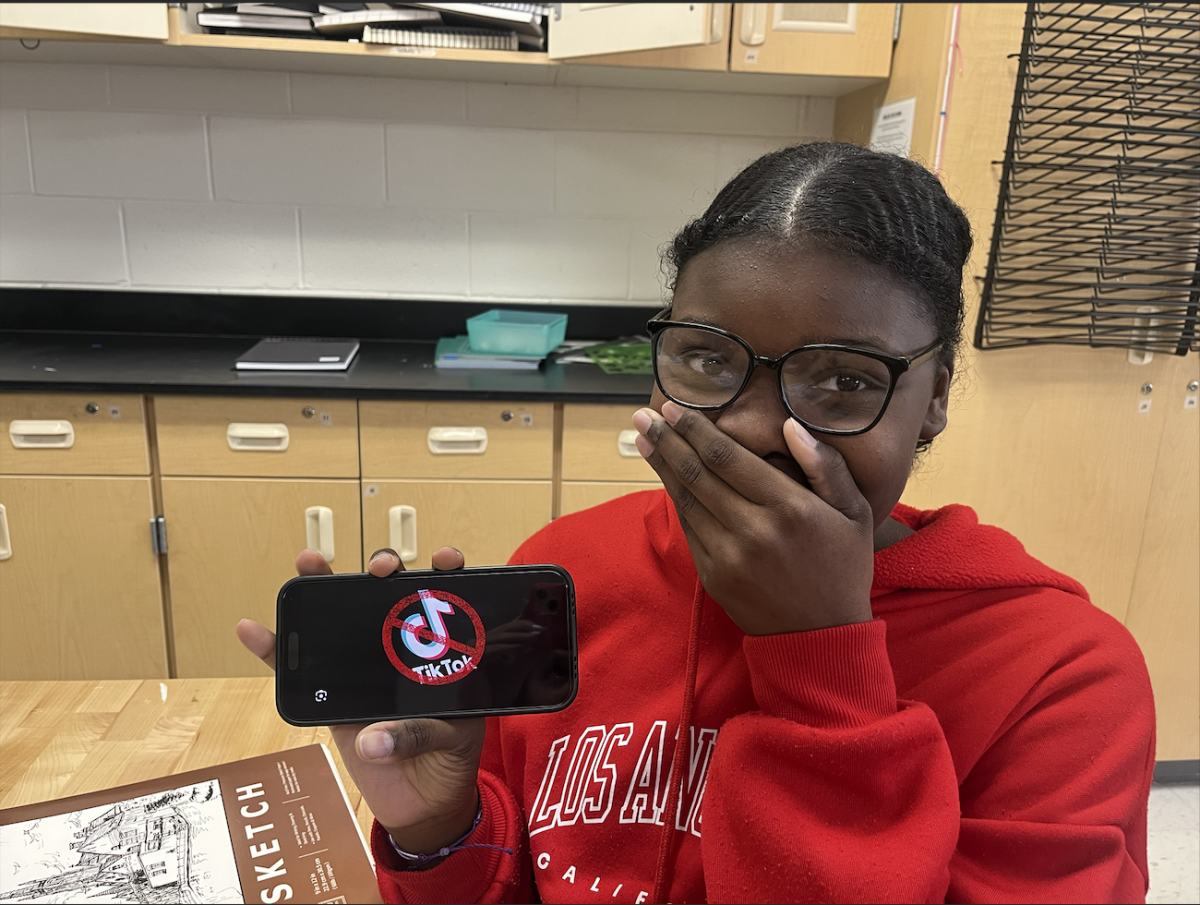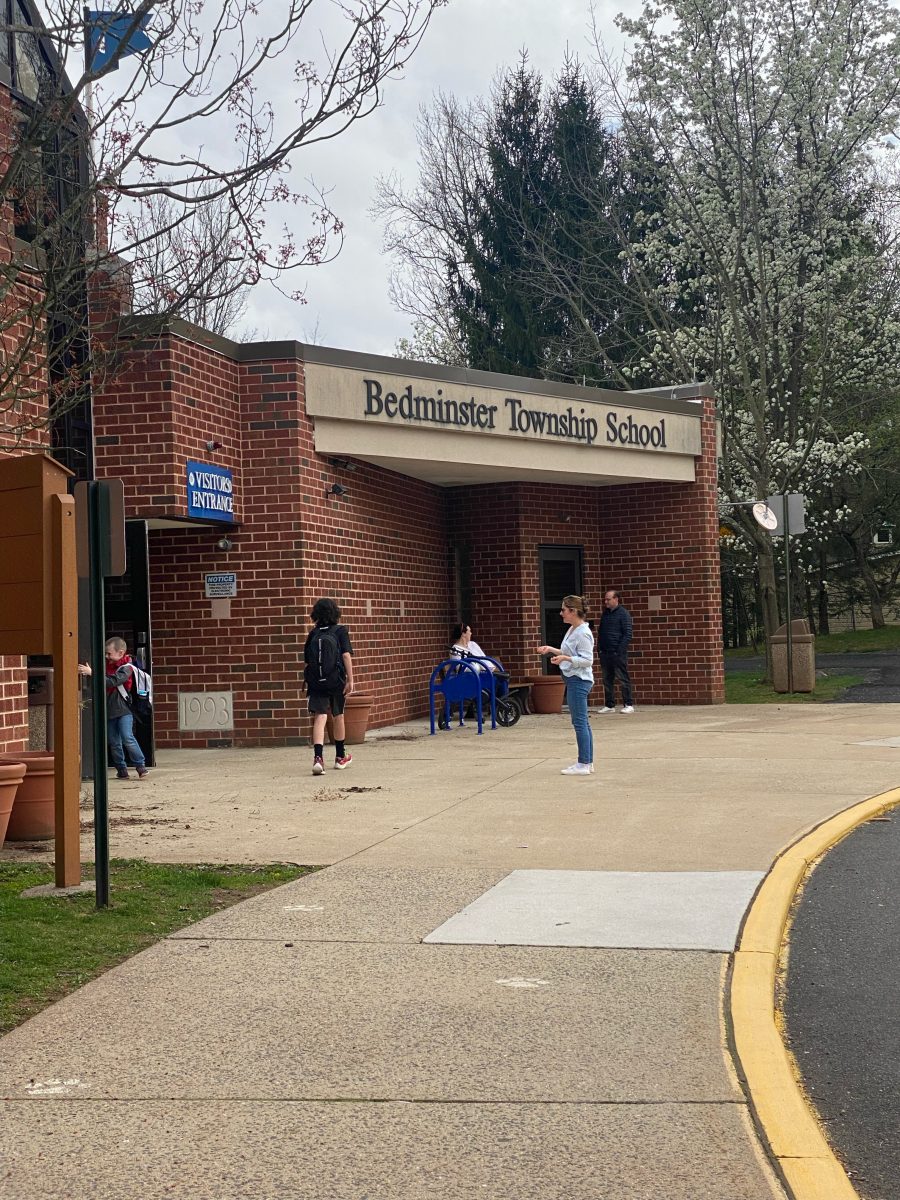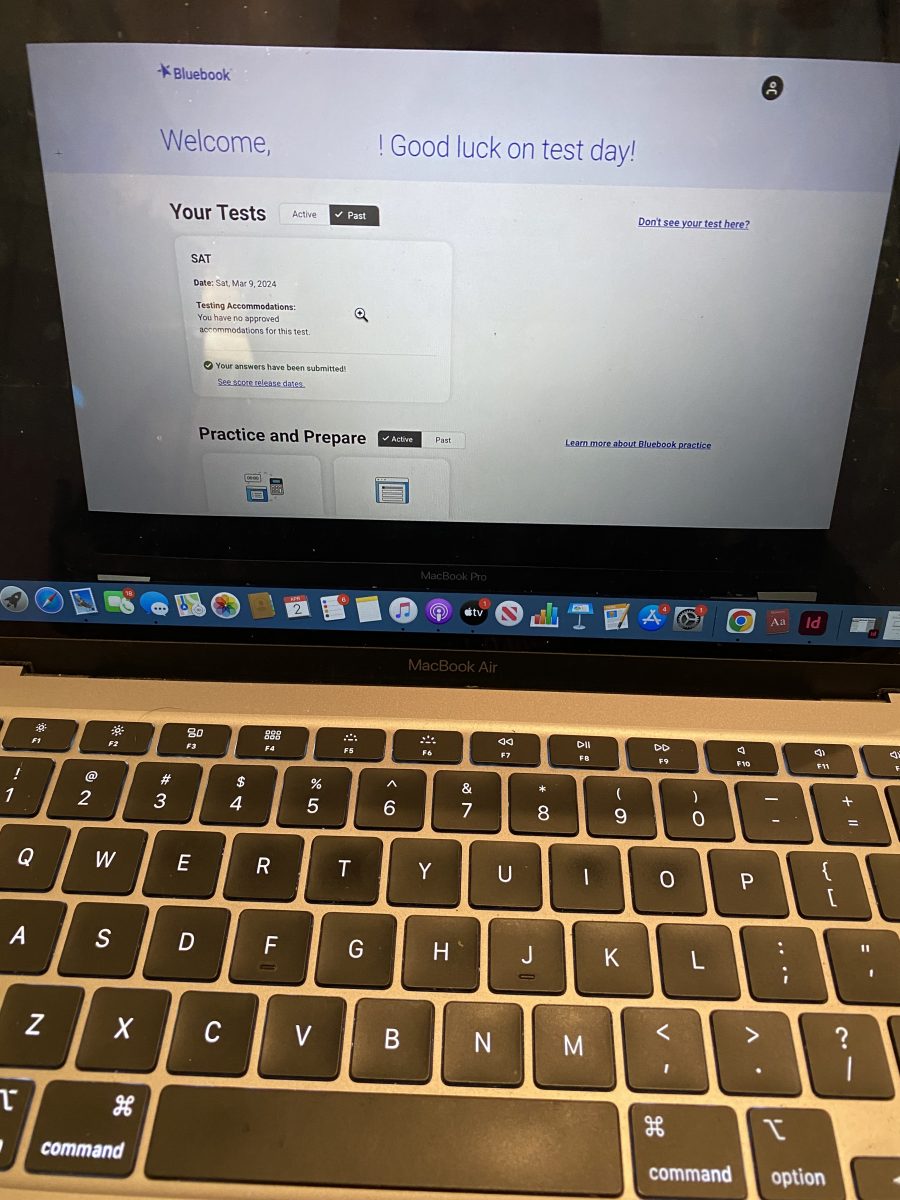The debate over teacher’s rights in the classroom setting—particularly freedom of speech—has grown increasingly over the past year. As the number of Americans following politics rises, the number of Americans disputing politics rises likewise.
This, of course, is not just among adults; children and teenagers are also openly discussing politics in school. While it is necessary to bring light to current events, should educators voice their opinion during a political discussion? Are they in the wrong to state their political affiliations? Or does this help students? Parents across the nation are asking the same questions, and the nation is split on this argument.
In a survey of 21 students in Ms. Murphy’s period three AP Government and Politics class, twelve believed that teachers should be allowed to voice their opinion in the classroom and nine thought contrarily.
Isabelle Mueller weighs in on this, saying, “Discussion of different views and policy allows students to reach their own conclusions.”
Many think similarly, believing that teachers gently presenting their standpoints will teach students to respect different views and will open the student to new ideas that he/she may not have been exposed to. Some argue that affiliation promotes democracy and our rights as Americans. However, sharing person beliefs could have opposite effect, especially on the young and vulnerable.
Ethan Glazar says, “In math classes, it’s unnecessary. In history or english, it causes bias. Knowing a teacher’s stance adds more tension and less respect between students and teachers.”
Teachers have a right to their beliefs—whether they be political, religious, et cetera—but they should not foist their beliefs on impressionable children and young adults. As influential role models, teachers and educators should encourage their students to form their own opinions. To achieve this, they can simply state both sides and let the student align accordingly. There should be no bias.
In a school setting, students should not feel uncomfortable or anxious when it comes to voicing their opinion. Many are worried that teachers will create a bias corresponding to their beliefs and that they will treat other students unreasonably. No student should fear that their grade will be impacted by their political beliefs and ideologies.


